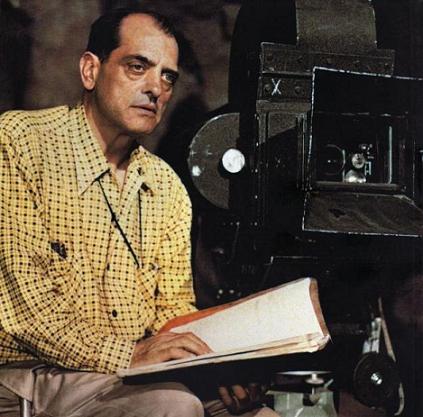Luis Buñuel: The Maverick of Surrealist Cinema
Discover the life and work of Luis Buñuel, the visionary filmmaker who revolutionized the art of cinema. Explore his films, his philosophy, and his impact on the world of cinema. Learn why Buñuel remains a singular figure in the history of film and continues to inspire filmmakers today.





